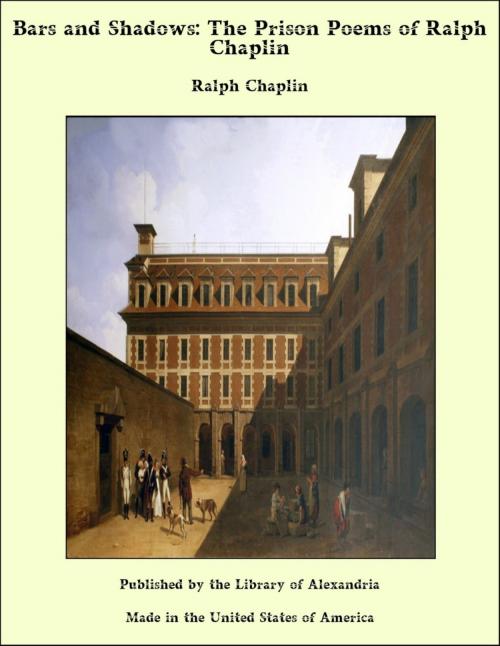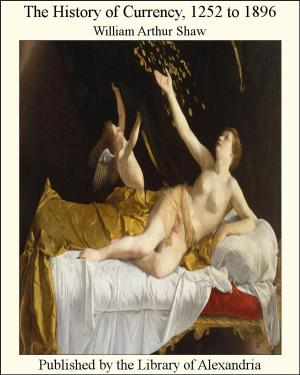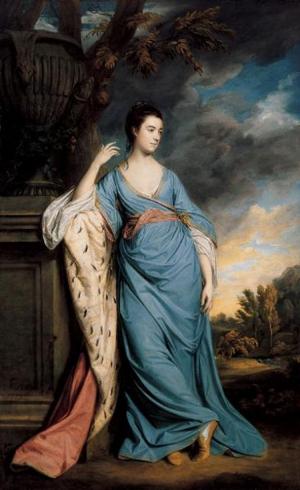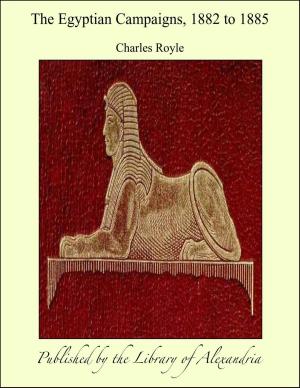Bars and Shadows: The Prison Poems of Ralph Chaplin
Nonfiction, Religion & Spirituality, New Age, History, Fiction & Literature| Author: | Ralph Chaplin | ISBN: | 9781465602442 |
| Publisher: | Library of Alexandria | Publication: | March 8, 2015 |
| Imprint: | Language: | English |
| Author: | Ralph Chaplin |
| ISBN: | 9781465602442 |
| Publisher: | Library of Alexandria |
| Publication: | March 8, 2015 |
| Imprint: | |
| Language: | English |
Ralph Chaplin is serving a twenty year sentence in the Federal Penitentiary, not as a punishment for any act of violence against person or property, but solely for the expression of his opinions. Chaplin, together with a number of fellow prisoners who were sentenced at the same time, was accused of taking part in a conspiracy with intent to obstruct the prosecution of the war. To be sure the Government did not produce a single witness to show that the war had been obstructed by their activities; but it was argued that the agitation which they had carried on by means of speeches, articles, pamphlets, meetings and organizing campaigns, would quite naturally hamper the country in its war work. On the face of their indictments these men were accused of interfering with the conduct of the war; in reality they were sent to jail because they held and expressed certain beliefs. As a member of the Industrial Workers of the World, Ralph Chaplin did his part to make the organization a success. He wrote songs and poems; he made speeches: he edited the official paper, "Solidarity". He looked about him; saw poverty, wretchedness and suffering among the workers; contrasted it with the luxury of those who owned the land and the machinery of production; studied the problem of distribution; and decided that it was possible, through the organization of the producers, to establish a more scientific, juster, more humane system of society. All this he felt, intensely. With him and his fellow-workers the task of freeing humanity from economic bondage took on the aspect of a faith, a religion. They held their meetings; wrote their literature; made their speeches and sang their songs with zealous devotion. They had seen a vision; they had heard a call to duty; they were giving their lives to a cause—the emancipation of the human race.
Ralph Chaplin is serving a twenty year sentence in the Federal Penitentiary, not as a punishment for any act of violence against person or property, but solely for the expression of his opinions. Chaplin, together with a number of fellow prisoners who were sentenced at the same time, was accused of taking part in a conspiracy with intent to obstruct the prosecution of the war. To be sure the Government did not produce a single witness to show that the war had been obstructed by their activities; but it was argued that the agitation which they had carried on by means of speeches, articles, pamphlets, meetings and organizing campaigns, would quite naturally hamper the country in its war work. On the face of their indictments these men were accused of interfering with the conduct of the war; in reality they were sent to jail because they held and expressed certain beliefs. As a member of the Industrial Workers of the World, Ralph Chaplin did his part to make the organization a success. He wrote songs and poems; he made speeches: he edited the official paper, "Solidarity". He looked about him; saw poverty, wretchedness and suffering among the workers; contrasted it with the luxury of those who owned the land and the machinery of production; studied the problem of distribution; and decided that it was possible, through the organization of the producers, to establish a more scientific, juster, more humane system of society. All this he felt, intensely. With him and his fellow-workers the task of freeing humanity from economic bondage took on the aspect of a faith, a religion. They held their meetings; wrote their literature; made their speeches and sang their songs with zealous devotion. They had seen a vision; they had heard a call to duty; they were giving their lives to a cause—the emancipation of the human race.















